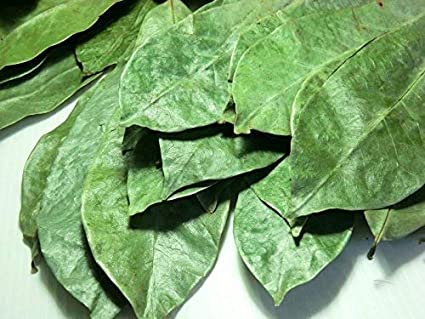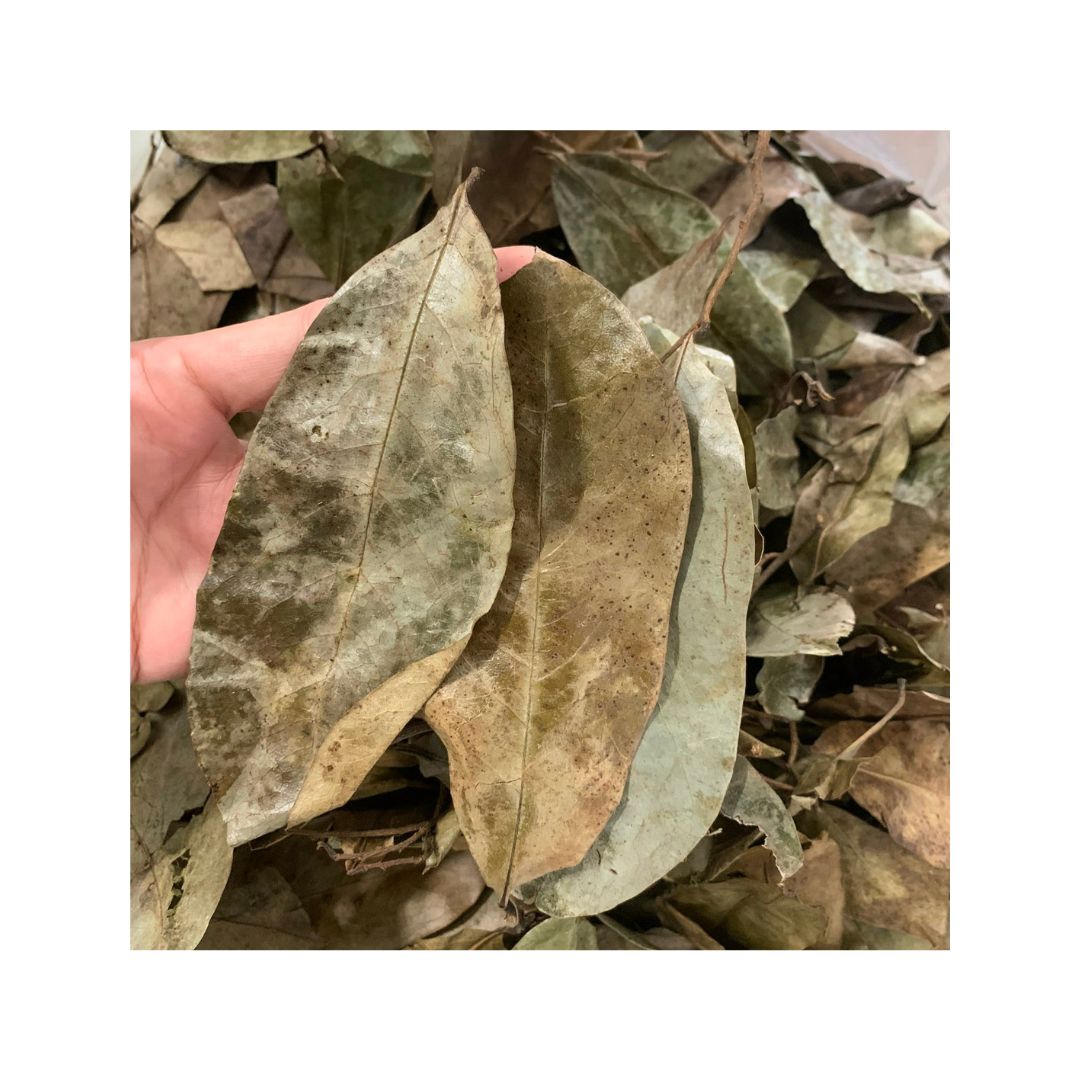Here are some key points about soursop leaves:
-
Traditional Medicine: Soursop leaves have a history of use in traditional medicine in various cultures. Extracts and infusions made from soursop leaves are believed to have potential health benefits, and they have been used to address conditions such as fever, cough, inflammation, and digestive issues.
-
Nutritional Content: Soursop leaves are rich in certain compounds, including alkaloids, flavonoids, and acetogenins. These compounds are believed to contribute to the medicinal properties of the leaves.
-
Antioxidant Properties: Some studies suggest that soursop leaves may possess antioxidant properties, which can help neutralize free radicals in the body. Antioxidants are known for their potential to support overall health and well-being.
-
Anti-Inflammatory Effects: Traditional uses of soursop leaves include addressing inflammatory conditions. The leaves are sometimes used to make teas or extracts that are believed to have anti-inflammatory effects.
-
Cancer Research: There has been interest in the potential anti-cancer properties of soursop leaves. Some laboratory studies have explored the effects of compounds found in soursop leaves on cancer cells, but it's important to note that more research is needed, and soursop should not be considered a substitute for established cancer treatments.
-
Digestive Health: Soursop leaves are sometimes used to make teas or infusions that are thought to have benefits for digestive health. They may be used to alleviate issues such as indigestion or constipation.
It's important to approach the use of soursop leaves with caution. While there is some interest in their potential health benefits, scientific evidence supporting these claims is limited, and the safety of long-term or high-dose use is not well-established. Additionally, it's advisable to consult with a healthcare professional before using soursop leaves for medicinal purposes, especially if one is pregnant, nursing, or has pre-existing health conditions.





